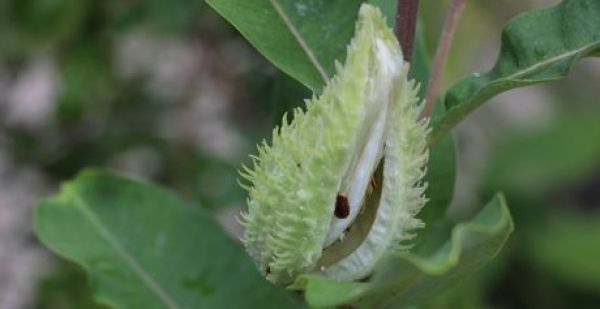Temperate grasslands are the most endangered but least protected ecosystems on Earth. Grassland restorations are crucial for recovering this important but highly degraded ecosystem. Restored grasslands, however, tend to be more species poor and lose diversity through time as compared to remnant, or never-been plowed, grasslands. A new study from the University of Missouri found that milkweeds and other plants that have seeds carried by the wind are an important source for enriching the diversity of plants in these valuable ecosystems.
“There are many benefits for why we should care about grasslands. They provide food for livestock, habitat for wildlife, prevent soil erosion, support pollinators, and capture a lot of the world’s carbon. These benefits derive primarily from the diverse grasses and flowering plants that comprise grassland communities. When we lose that diversity, we risk losing those benefits,” said Lauren Sullivan, a grassland ecologist with the Division of Biological Sciences. “We found that spillover, especially of wind-dispersed plant species, is an important means for promoting biodiversity in restored grasslands.”
Read more at University of Missouri
Image: Spillover from remnant grasslands enhances plant diversity in restorations but the effect is context dependent and driven by wind-dispersed seeds, such as milkweed. CREDIT: University of Missouri


